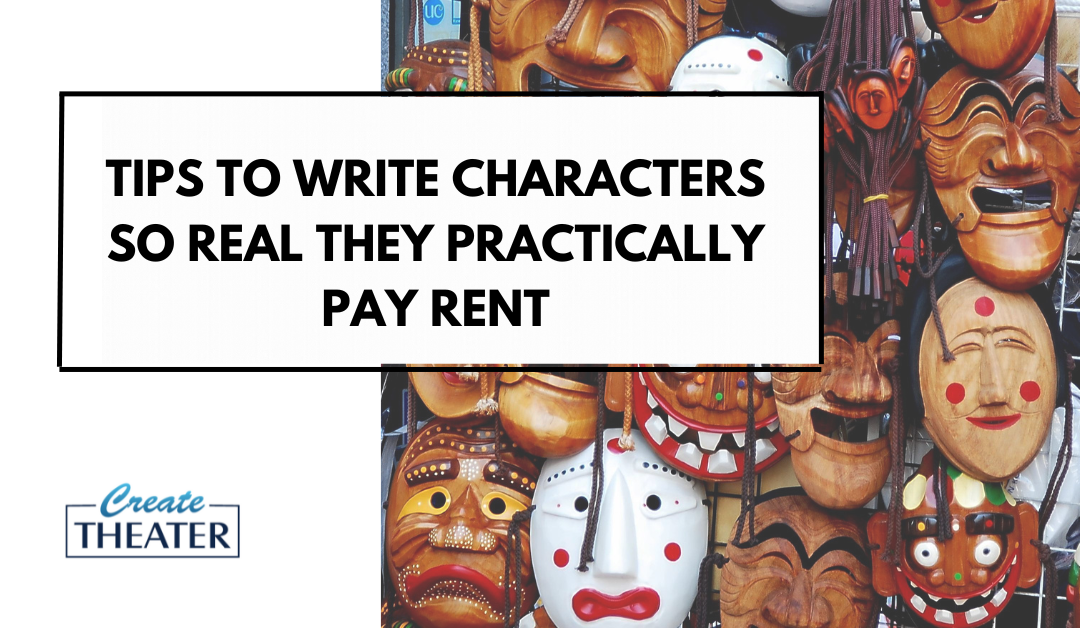
The Daily Draft: How to Avoid Getting Lost Rewriting the Same Scene
Ever find yourself “working on your show” for hours… only to realize you’ve just reworked the same five lines over and over again?
Yeah, it happens to everyone.
Rewriting is the very essence of writing—but if you do it too soon, it can also become a trap. You start chasing polish when what you really need is momentum.
Let’s talk about how to move forward, not in circles.
Why Rewriting Too Early Can Stall Momentum
Early rewrites feel productive. You’re refining! You’re crafting! But sometimes, you’re just treading water—you’re avoiding the possibility of new pages, new choices, and possibly taking a greater narrative risk.
Why? You can’t refine what doesn’t exist yet.
If you keep rewriting Act One before you’ve written Act Two, you might be perfecting a setup with no payoff—or worse, writing yourself into a corner.
You need to get all of your early ideas into a “vomit draft.”
Draft First, Refine Later
There’s a reason “write a terrible first draft” is classic advice.
Your first goal is completion, not perfection. That raw, messy first draft will give you the whole shape of the story—so when it’s time to revise, you’re sculpting something solid instead of trying to polish fog.
Think of it like building a set; you can’t paint trim before the walls are up.
3 Tips to Follow with Early Drafts
Want to make future rewrites easier and stay in forward motion? Try using these tried-and-true tips as you get that first draft down.
1. Leave Notes for Future You
Instead of rewriting a scene, jot down notes: [This moment feels flat. Add more tension.]
Keep going. Come back later.
2. Highlight Instead of Fixing
Use bold or colored highlights to mark moments you know need work. That way you don’t break your flow mid-draft.
3. “Scene Zero” Writing
Write exploratory scenes (monologues, backstory moments, offstage events) that don’t go in the draft. It really helps to develop your characters and context without stalling progress, especially when you’re in that delightful space of working the play out in your head.
Timeboxing: Write Fast, Rework Smarter
Try giving yourself clear windows for writing and revising:
- Drafting Window (30–60 minutes): Write forward only. No edits.
- Revision Window (15–30 minutes): Review past scenes or make light adjustments.
Keep the two separate, ideally on different days. Writing and editing are two separate processes; don’t combine them.
How to Know When It’s Actually Time to Rewrite
Not sure if you’re stalling or genuinely need to rework a scene, an act or an opening number? Ask yourself:
- Does this rewrite fix a story-level issue (stakes, arc, clarity)?
- Do I have a complete draft—or am I trying to polish the puzzle without all the pieces?
- Will revising this now help me move forward—or just feel safer than starting a new scene?
If your answer leans toward progress, go for it. If not, trust the draft and keep going.
Did Your Writing Group Get It?
One of the benefits of having a writing group is that it’s one of the best places to try out your new scenes. If there are any questions, any confusion about what’s happening, or thoughts about whether your new pages are too expository, pushing the action forward sufficients or stalling it, your writing group will let you know.
If it’s a good writing group. We’ve got some really good ones. (Check out ETC if you’re interested…)
Final Thought: Forward Momentum Is a Skill
You don’t need to “earn” the right to finish a draft. You need to build the habit of finishing.
Let your first drafts be messy, unfinished, imperfect. Give yourself a chance to find the story and live with the characters before you try to fix it.
Because no one ever polished a scene that didn’t exist.
Want help turning this into a daily writing habit?
✨ I’ve got a free worksheet for that—just say the word.





